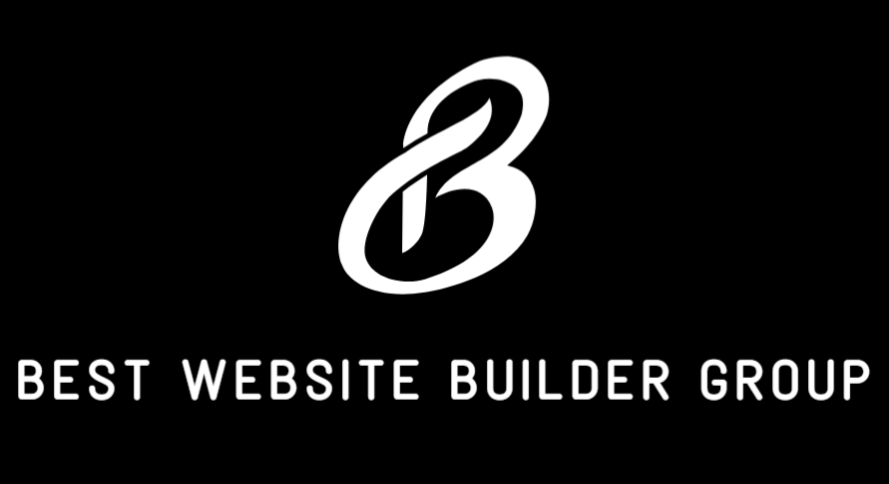Understanding what WordPress theme checker tools are—and how to use them—can be a game-changer for developers, marketers, and business owners alike. Whether you’re inspired by a competitor’s design or simply want to ensure your own site is running optimally, knowing how to identify and evaluate WordPress themes is a foundational skill in modern website management.
This article will explore what WordPress theme checker tools do, why they’re useful, how to use them properly, and what to watch for when analyzing a WordPress site’s structure. If you’re running or building your own site, this knowledge helps you make smarter decisions, whether you’re choosing a theme, customizing an existing one, or comparing your site against others in your niche.

The Role of a WordPress Theme in a Website
A WordPress theme controls the look and feel of a site—its layout, fonts, colors, widgets, headers, footers, and more. Themes are different from plugins; while plugins extend functionality, the theme is responsible for the entire presentation layer.
When you see a beautiful website and want to know what powers its design, you’re really asking: what WordPress theme is being used?
That’s where WordPress theme checker tools come into play.
What WordPress Theme Checker Tools Actually Do
A WordPress theme checker is a tool—either online or integrated into your WordPress admin—that detects and identifies the active theme on a WordPress site. These tools work by analyzing the publicly available source code of a website, looking for tell-tale markers in the header file, such as:
- Theme name
- Author
- Version
- Parent theme (if it’s a child theme)
- Linked stylesheet and asset files
In most cases, these tools can also detect what page builder is in use (Elementor, WPBakery, Divi, etc.) and sometimes even the hosting provider or CDN technology.
One of the most popular public tools is What WordPress Theme Is That, which analyzes any WordPress site and returns the theme name and related metadata. Another option is WP Theme Detector, which offers deeper insights into both themes and plugins.
At Best Website Builder Group, we use both public and private tools to reverse engineer the structure of high-performing WordPress websites—especially when onboarding new clients who want to match or outperform competitor designs.

Why You Might Use a WordPress Theme Checker
There are several reasons why understanding what WordPress theme checker tools do is so valuable:
- Competitive research: See what theme a competitor is using, including customizations and child themes.
- Inspiration gathering: Find a theme you like? A checker helps you discover its name and author.
- Debugging and performance: Sometimes, clients inherit sites with unknown themes. A checker identifies the base framework.
- Plugin compatibility: Some plugins work better with specific themes; a checker can help ensure compatibility.
- Client onboarding: Agencies can use checkers to quickly evaluate a client’s existing theme before making migration or update decisions.
If you’re an agency or freelancer trying to evaluate a WordPress site for redesign, theme detection is a critical first step in assessing technical debt and UI opportunities.

How WordPress Themes Are Registered
To understand how checkers work, it’s useful to know how themes are identified inside WordPress itself.
Each WordPress theme includes a style.css file in its root directory. This file contains a block of header comments that define the theme’s metadata, like this:
cssCopyEdit/*
Theme Name: Astra
Theme URI: https://wpastra.com/
Author: Brainstorm Force
Author URI: https://www.brainstormforce.com
Version: 4.0.1
Description: Fast, lightweight theme...
*/
Public theme checker tools scan the site’s source code for the location of this stylesheet and extract the data. That’s why the most reliable checkers work best with themes that are openly using standard structures—not custom-compiled frameworks or obscured child themes.
Some more advanced tools also inspect JavaScript and CSS assets loaded on the page to infer theme origins based on file paths or code signatures.

Can WordPress Theme Checkers Detect Custom Themes?
Yes—and no.
If a site is using a completely custom-built theme or has renamed its theme folder and metadata, a WordPress theme checker may fail to detect the original theme source. This is especially common with agencies or brands that white-label their theme frameworks.
In these cases, the checker may simply report “Unknown Theme” or return minimal data such as stylesheet file paths.
However, advanced users can still uncover useful information by digging into:
- File names of CSS and JS assets
- Class names and IDs commonly associated with popular builders (like
.elementor,.et_pb,.fl-builder) - Server headers and CDN sources
If you’re looking for a more forensic breakdown, our team at Best Website Builder Group can perform a full technical audit of your site or a competitor’s site, including theme and plugin mapping.

Are WordPress Theme Checkers Safe to Use?
Absolutely. Public WordPress theme checker tools don’t require any access to your site or backend. You simply input a URL, and the tool analyzes publicly available code. There’s no risk to your data, credentials, or server.
If you’re concerned about privacy, you can also inspect the site’s code manually. In most browsers, you can right-click the page and select View Page Source, then look for links to /wp-content/themes/. This will usually reveal the active theme’s directory name.
Limitations of Free Theme Detection Tools
Even the best free WordPress theme checkers have limitations:
- Obscured or renamed themes may not be detected
- Custom themes with no identifiable metadata won’t return useful data
- Sites using headless WordPress or front-end frameworks like React may not expose their WordPress theme structure at all
- Child themes may be detected but without reference to the parent theme
For developers building client projects, using a combination of free tools and manual inspection is often the best approach.

Theme Checkers for Site Owners
If you’re logged into your own WordPress admin and want to check your theme, simply go to:
Appearance → Themes
From there, you’ll see your active theme, version, and any child themes in use.
You can also use plugins like Theme Info or WP Health to generate deeper reports, including theme file locations, overrides, and custom hooks.
Understanding your theme setup is especially important when you’re preparing to update WordPress core or install new plugins—certain themes are more fragile than others and may break under poor compatibility.
For robust, performance-optimized WordPress themes that integrate seamlessly with tools like WooCommerce and Elementor, we recommend our WordPress services tailored for businesses seeking speed, scalability, and design flexibility.

Theme Checkers and SEO Considerations
The theme you choose has direct implications on your site’s SEO performance. Fast, lightweight, and mobile-optimized themes contribute to higher rankings. By using a WordPress theme checker, you can reverse engineer fast competitors and see what themes or frameworks they’re leveraging.
Look for themes that:
- Minimize render-blocking resources
- Integrate schema markup properly
- Load CSS and JavaScript conditionally
- Support responsive design and accessibility best practices
Many themes advertise “SEO-friendly” features, but in reality, bloated templates or overengineered design systems can hurt your site speed and indexing.
Explore our SEO Optimization Services if you want to pair theme selection with technical SEO improvements.

Conclusion
If you’ve ever found yourself asking what WordPress theme checker tools are—and how they work—you’re not alone. Whether you’re a developer conducting competitive research or a business owner planning a redesign, these tools offer fast, easy access to vital site architecture data.
By using WordPress theme checkers, you gain insight into how great websites are built—and how to apply those insights to your own.
And if you’re looking to take your website to the next level—theme selection, custom development, performance tuning, or full redesign—the Best Website Builder Group is here to help you build with confidence and clarity.
